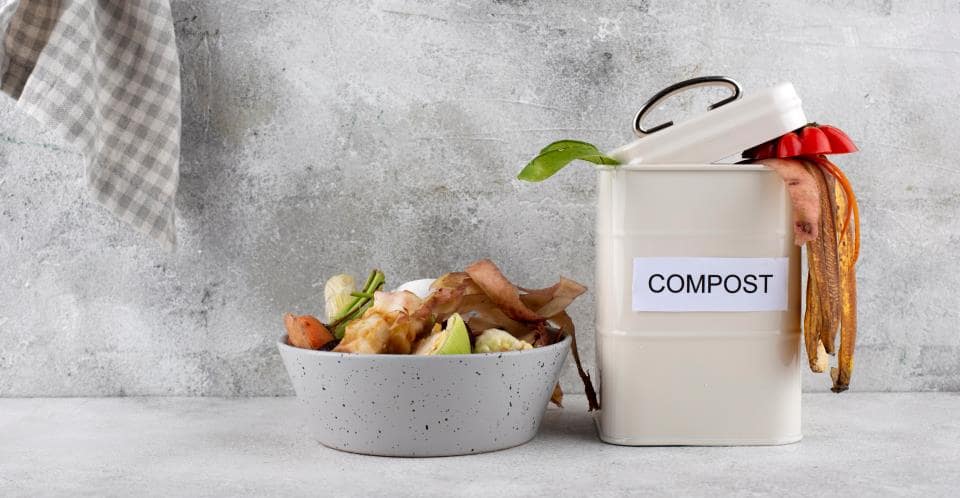Food waste is a global challenge that demands our immediate attention. In a world where millions suffer from hunger, reducing food waste is not just an ethical obligation but also an essential step towards sustainability. The journey to a sustainable kitchen begins with small yet impactful changes in our daily habits. Let's embark on this transformative path together and learn how to minimize food waste while savoring the joys of mindful cooking.
1. Understanding the Impact of Food Waste
Before we dive into the solutions, it's crucial to grasp the gravity of food waste's impact on the environment, economy, and society. From the resources used in production to the greenhouse gas emissions during decomposition, food waste leaves a sizable ecological footprint.
2. Meal Planning and Smart Shopping
Crafting a well-thought-out meal plan is the cornerstone of reducing food waste. Plan your meals for the week, make a shopping list, and buy only what you need. Avoid impulse purchases and opt for fresh produce that won't spoil quickly.
3. Embracing Proper Storage Techniques
Learn the art of proper food storage to prolong the shelf life of perishables. Invest in airtight containers, store fruits and vegetables separately, and label leftovers with dates for easy tracking.
4. First In, First Out (FIFO)
Adopt the "First In, First Out" approach in your kitchen. Arrange your pantry and fridge in a way that encourages you to consume the oldest items first, minimizing the risk of forgotten items going bad.
5. Get Creative with Leftovers
Transform leftovers into new and exciting dishes. Reinvent last night's dinner into a delicious lunch or create a stir-fry with unused vegetables. Let your culinary creativity shine.
6. Preserve and Pickle
Preservation techniques like canning, pickling, and fermenting help extend the life of fruits and vegetables. Embrace these time-tested methods to savor seasonal flavors year-round.
7. Mindful Portions
Be mindful of portion sizes when serving meals. Avoid overloading plates, and offer seconds if needed, rather than serving excess food that might go uneaten.
8. Share with the Community
Connect with local food banks and community organizations to donate surplus food. Sharing with those in need ensures that edible food reaches people instead of landfills.
9. Composting for a Greener Tomorrow
Create a composting system for food scraps and organic waste. Composting not only reduces landfill waste but also produces nutrient-rich soil for your garden.
10. Educating and Advocating
Spread awareness about food waste in your community. Engage in conversations, share tips, and encourage others to join the sustainable kitchen journey.
11. Responsible Grocery Shopping
Choose brands and products that prioritize sustainability and ethical practices. Support companies that actively combat food waste and promote responsible sourcing.
12. Cooking with Scraps
Explore recipes that utilize kitchen scraps creatively. Broth made from vegetable peels or crisps from stale bread are just a few examples of how to reduce waste.
13. Freeze for the Future
Freeze excess produce and cooked meals for future use. Properly stored frozen items can last for months, offering convenience while reducing waste.
14. Engage Kids in the Journey
Involve children in the sustainable kitchen journey. Teach them about food waste, involve them in meal planning, and inspire them to cherish the planet through mindful consumption.
15. Tracking Progress and Celebrating Success
Monitor your progress in reducing food waste and celebrate your achievements, no matter how small. Sustainable habits are built over time, and every effort counts.
Conclusion:
By taking these mindful steps towards reducing food waste, we embark on a sustainable kitchen journey that benefits both the planet and ourselves. Embrace the joy of responsible cooking, share the abundance, and let every meal be a celebration of sustainable living.

